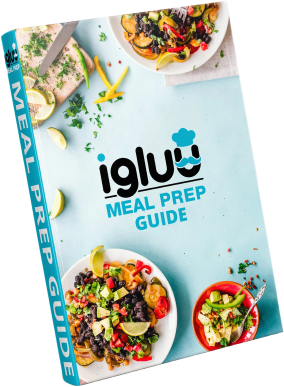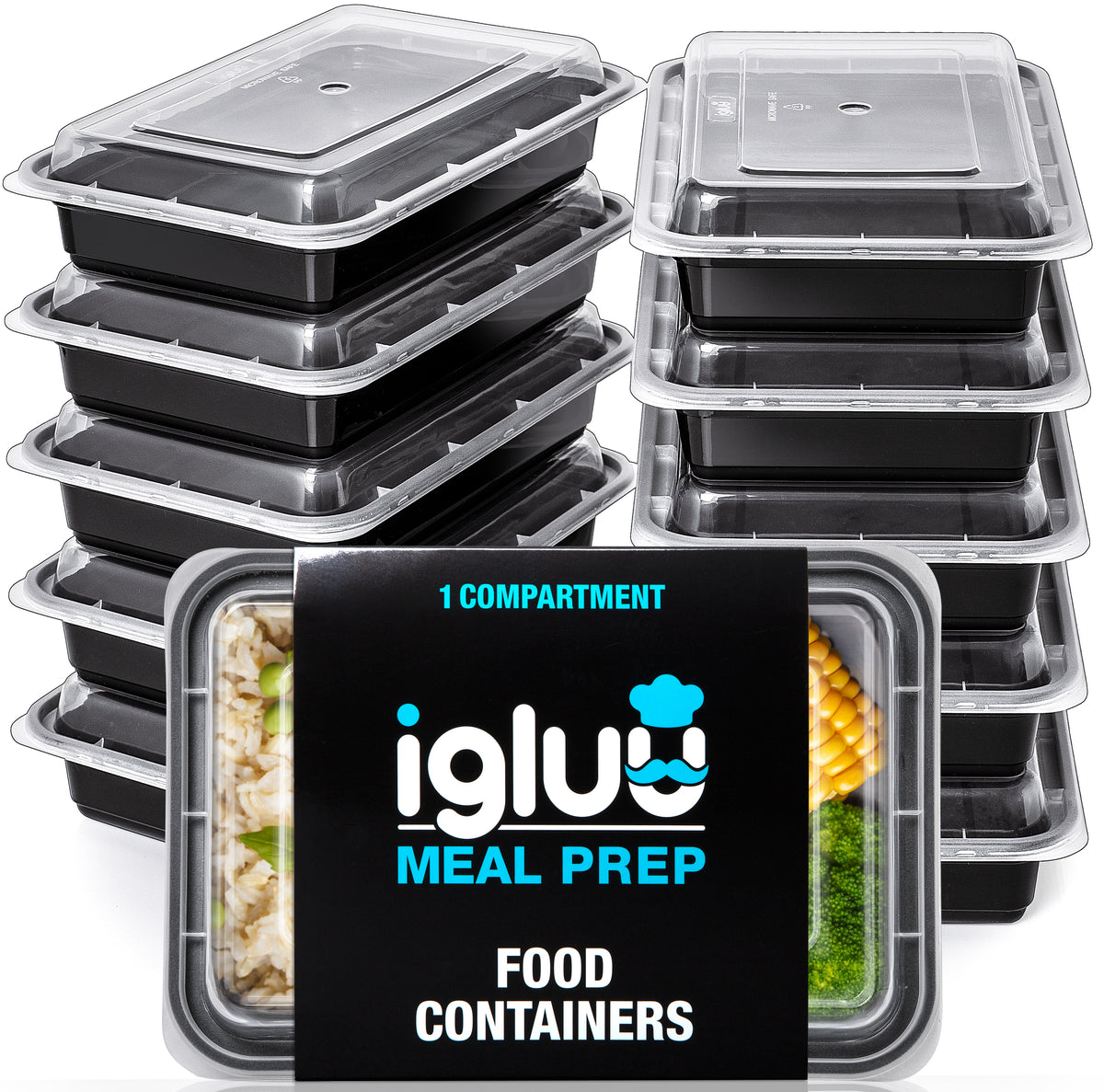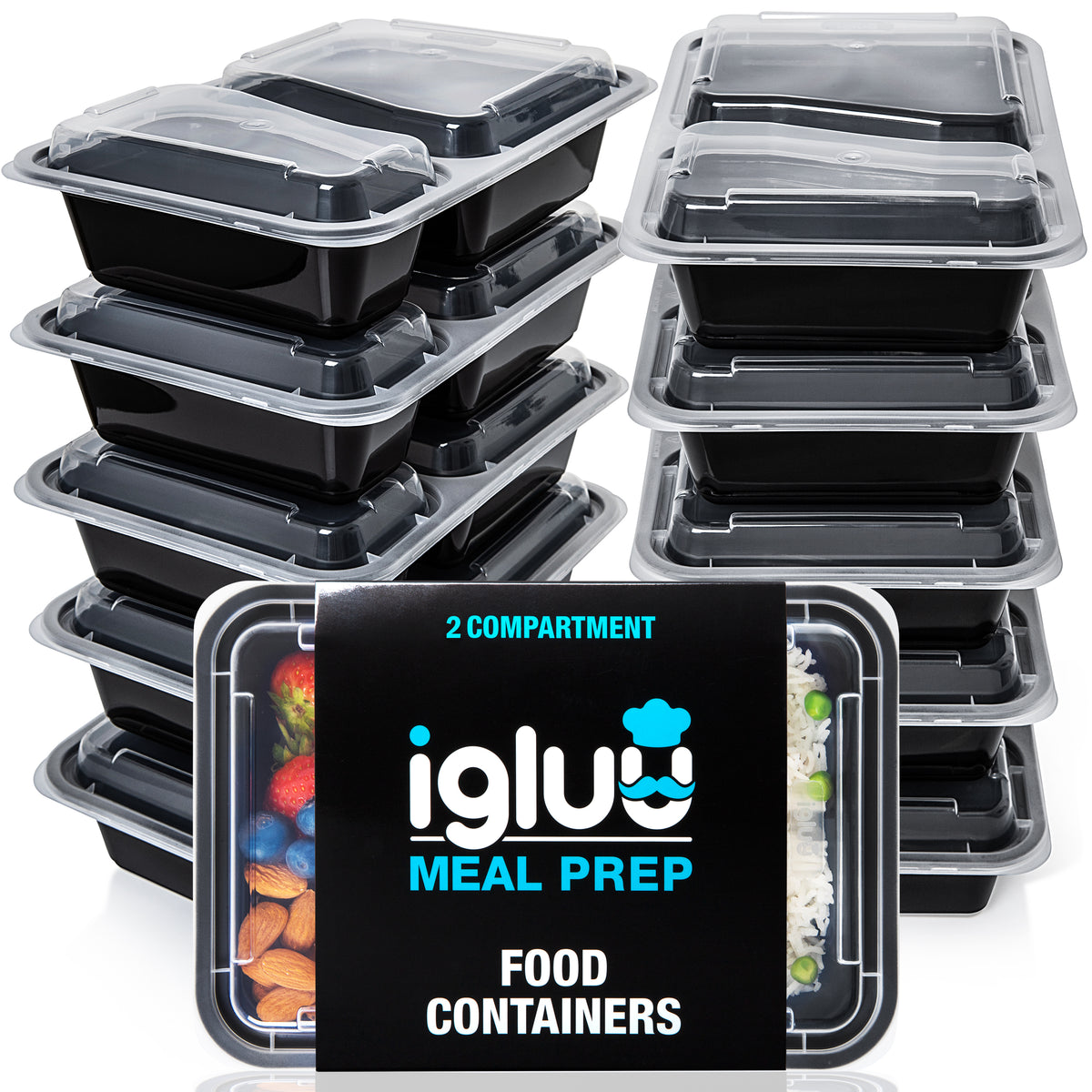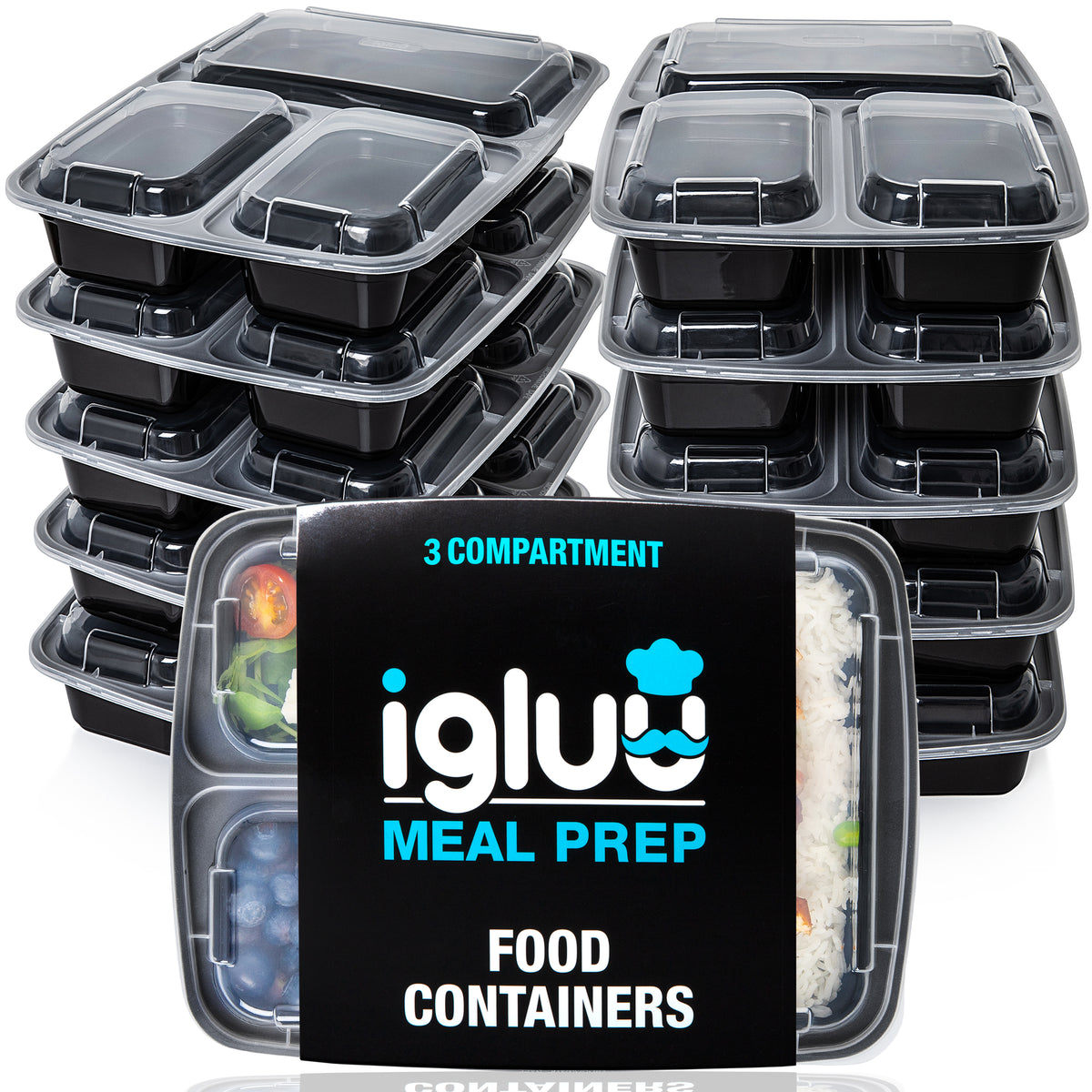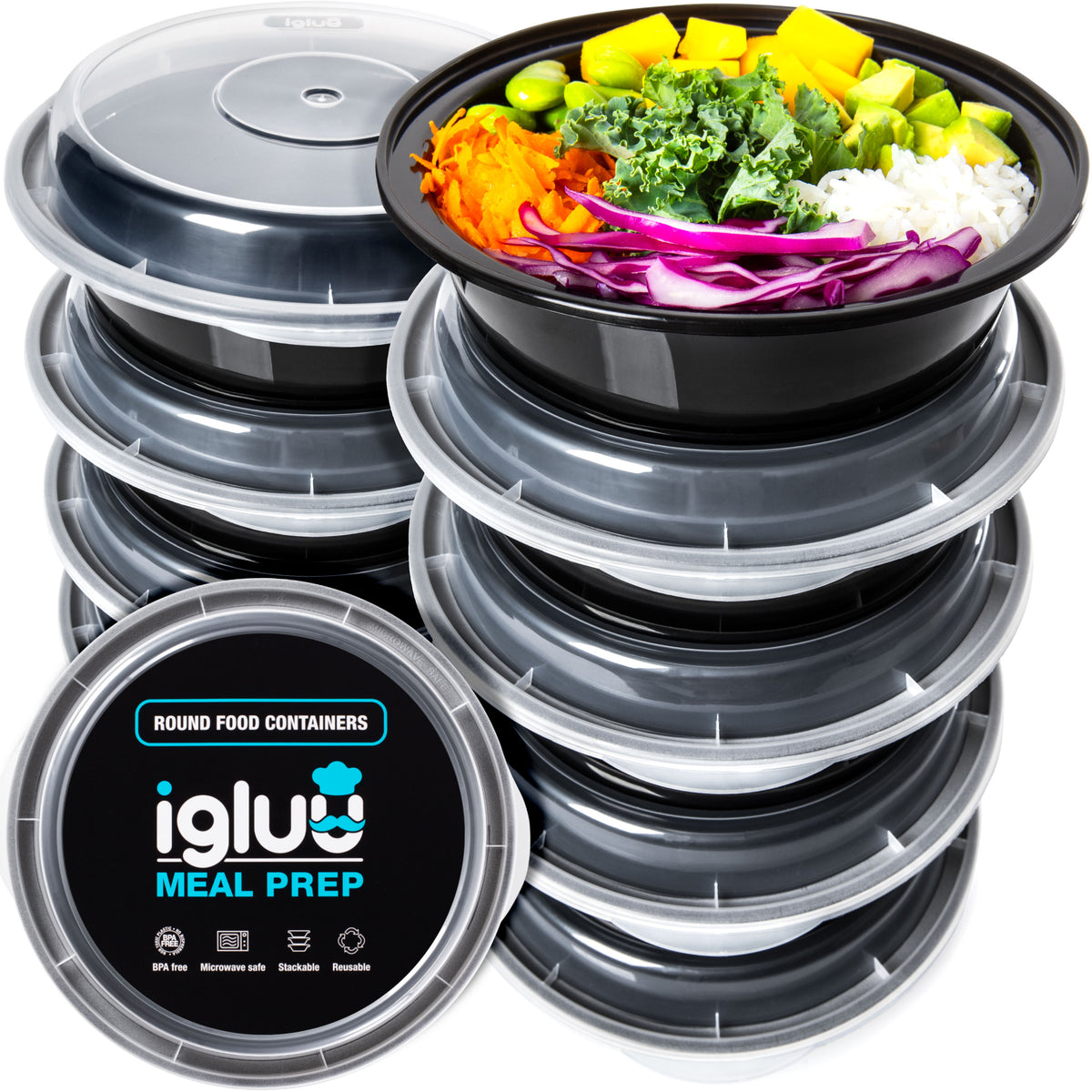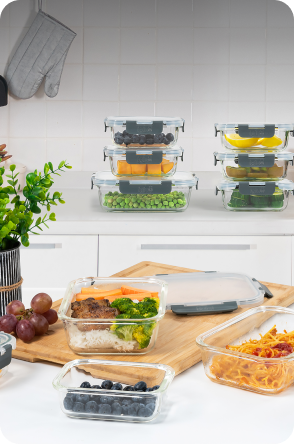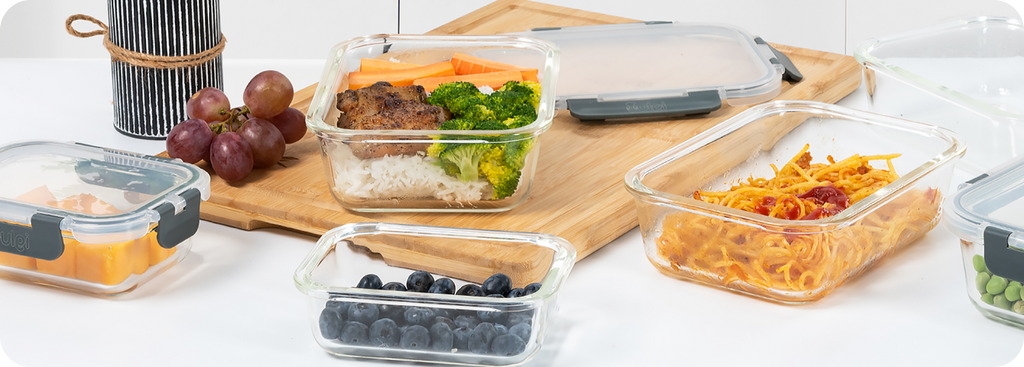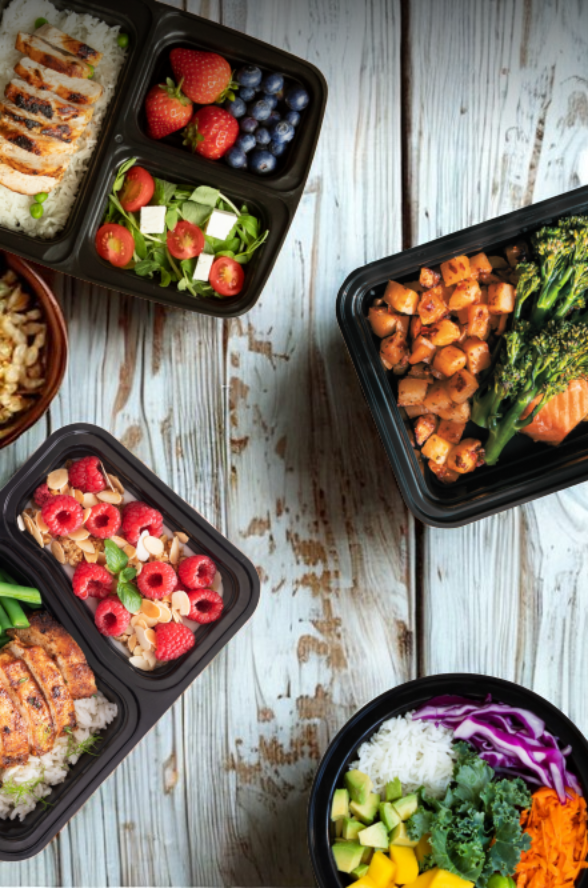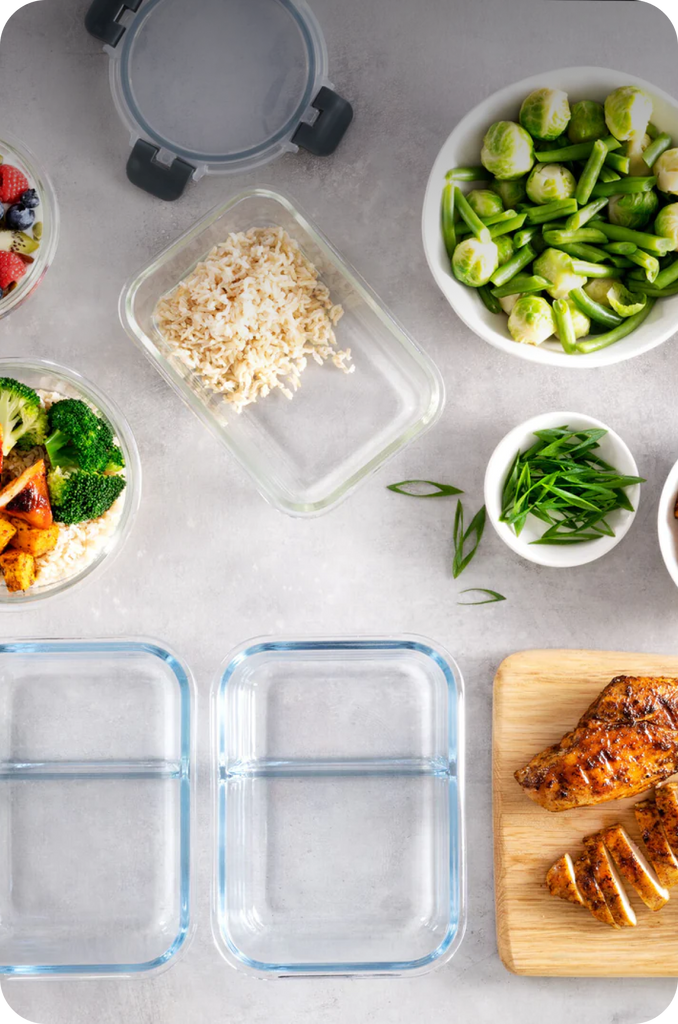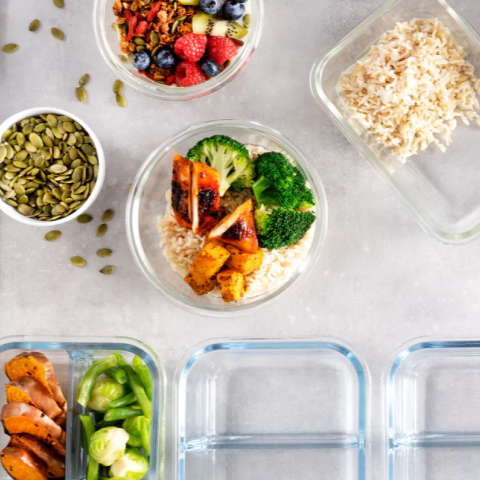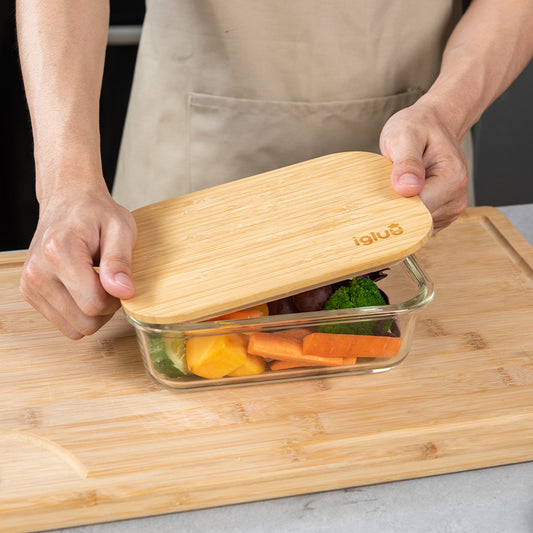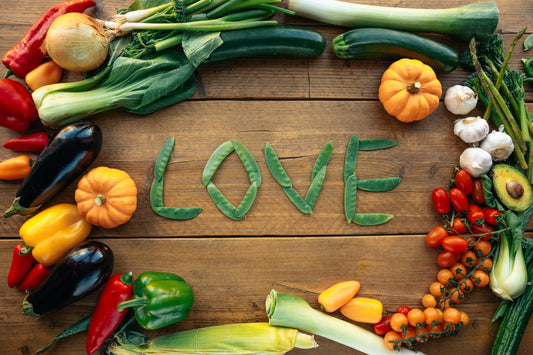With Christmas fast approaching, many of us will be looking forward to this richly indulgent time of year, where we get to spend time with our loved ones, exchange gifts, and above all, feed ourselves to our heart’s content! And why not? Christmas is supposed to be a time of year where we relinquish a little control, and treat ourselves kindly.
With food often playing a pivotal role over the festive period, the amount of meat we consume over the Christmas holidays is, on the whole, astronomical. On average, Christmas day alone is responsible for 6000 calories being ingested by each person, much of that will be in the form of both sweet treats, and a vast amount of meat. If you are the sort of person who feels guilty for indulging to this level, but equally finds it difficult to say no to those last few ‘pigs in blankets’, or an extra helping of turkey on Boxing Day, then you may find yourself already planning your new year’s diet before the holiday season even begins. Whilst this is a fine strategy to combat the effects of an over-indulgent December, those of you who want to reduce your meat intake in general, can also take a slightly different approach, by making the run-up to Christmas, meat-free.

Why go meat-free anyway?
While eating lean cuts of meat is not seen as being unhealthy in the slightest, there are a whole multitude of reasons as to why you may wish to reduce your meat intake. If you are looking to lose weight, and your current diet often includes processed meat, going veggie for a month, or even for a percentage of each week, can help you reach your weight goals, and (according to a study conducted from 1986 to 1992 by Dean Ornish MD), can also help keep that weight off for longer than other ‘fad’ diets.
There are other issues that eating vast amounts of processed meat can cause too, besides weight gain. Consuming more saturated fat than your body needs can result in clogged arteries that in turn can cause a sluggish feeling, general lethargy, and in extreme cases, heart problems. While smaller amounts of lean meat are not thought to pose any risk to health in the long run, those bacon-wrapped sausages that we love so much at Christmas time do not, unfortunately, fall into this category!
Finally, there is also the ethical side to the vegetarian argument. Perhaps as an animal lover you have wrestled with your love of meat, whilst pitting it against the uncomfortable truths of factory farming? Or maybe the environmental impact of the vast amounts of meat we all consume has made you raise an eyebrow or two? Whatever your reason for considering reducing your meat intake, the run-up to Christmas is as good a time as any to get started.
The great thing about going meat-free for us meal preppers, is that your meals will generally be even cheaper to prepare than usual. A particularly useful side-effect during a notoriously expensive month, I’m sure you will agree! So not only will pre-Christmas meal prep free up plenty of time to do the Christmas shopping, but it will also help you pay for those gifts too! So grab your meal prep containers, and get prepping ahead of time!
Leave out the meat, not the flavour
Seasoned vegetarians out there will know all the tips and tricks when it comes to producing meat-free meals that taste great, provide all the nutrition we could possibly need, and give us the varied diet we all crave. The problem many of us meat-eaters find, however, is just how do we exclude such a big part of our lunches and dinners, while still feeling like we have eaten a proper meal?
One way is pretty obvious, and this is to find yourself a meat substitute that you like the taste of. One complaint that many meat-eaters often vocalize is that they don’t like the taste of tofu, or can’t stand those bland beanburgers. It is perfectly fine to dislike some of the options out there, but one meat substitute does not necessarily taste like all the others. Those who don’t like the bean/chickpea/mashed potato combination can try the Quorn mycoprotein options instead. Somewhere out there, there will be a meat alternative that will suit your tastes.

Often, the key to getting a meat-lover to enjoy any of these alternatives, is good seasoning. Take mycoprotein chicken pieces as an example. When fried and eaten on their own, they don’t taste much like an actual piece of chicken. If, however, you fry them up with plenty of spice, throw in some diced veg, and stuff them into a fajita, they start to taste far more familiar than when eaten alone. This is often the key, when cooking with meat-alternatives. Nothing is going to taste exactly like meat, but if you incorporate these substitutes into meals that have plenty of flavour, the results may very well surprise you.
Less meat doesn’t mean less protein
There may be times when you really don’t fancy using this tactic when cooking, but want to make sure your meals are still nutritionally balanced. To ensure this, you just need to make sure you add ingredients that are high in proteins. The best options out there are beans and legumes, both of which are extremely high in protein content. Nuts are also an option that go particularly well in many salads. Pumpkin seeds offer much the same nutritional boons too, while the humble Brussels sprout (particularly popular this time of year) is great at supplying the protein your body needs to maintain healthy muscles.

One particularly impressive aspect of using these ingredients instead of the usual portion of meat that would accompany your meal, is that you get the protein your body needs, but often with less saturated fats. This will no doubt help those people who are looking to lose weight, or simply wish to live a healthier lifestyle.
It is important, however, to emphasise that small portions of lean meat, are not the health problem that some may think. The real dangers come in the form of processed meats, such as bacon, sausages, hot dogs, salami, ham, and corned beef. Lean cuts of beef, chicken, or lamb aren’t going to be causing you any health problems at all, so long as you eat them in moderation. But with Christmas coming up, cutting down on your meat intake for a few weeks is going to do you no harm, and may even introduce you to some healthy culinary ideas that would have otherwise passed you by.
